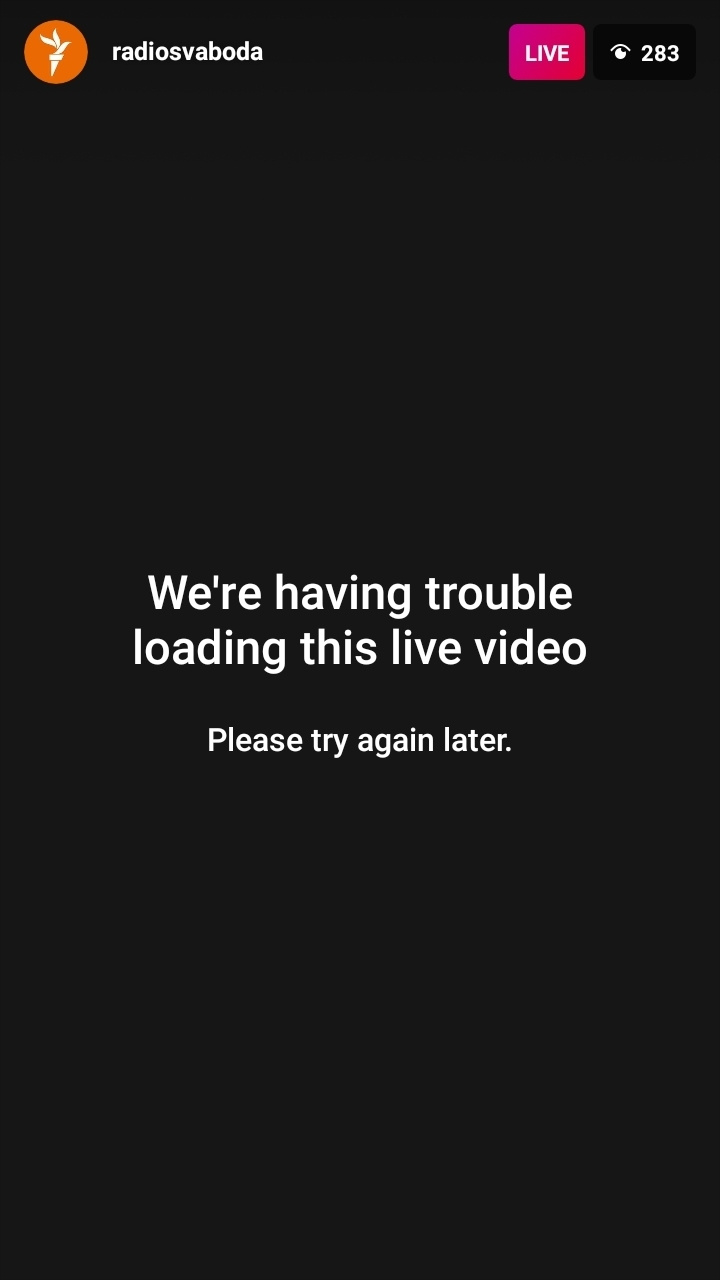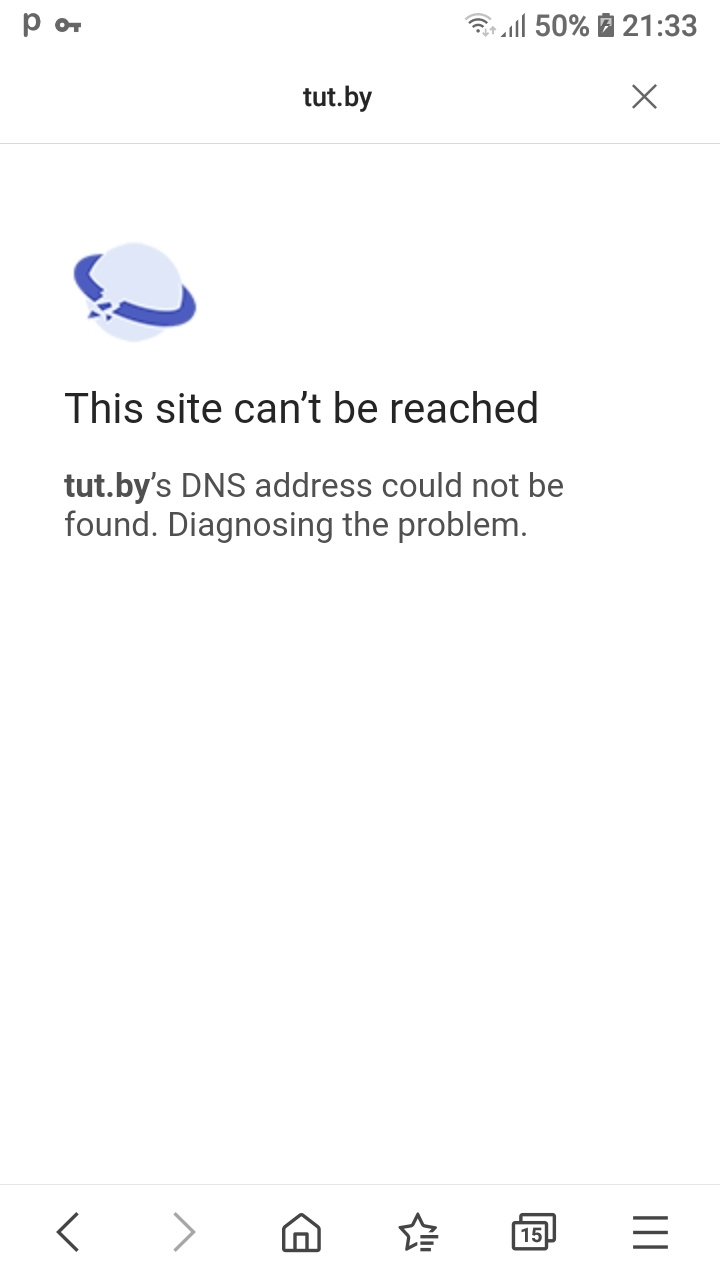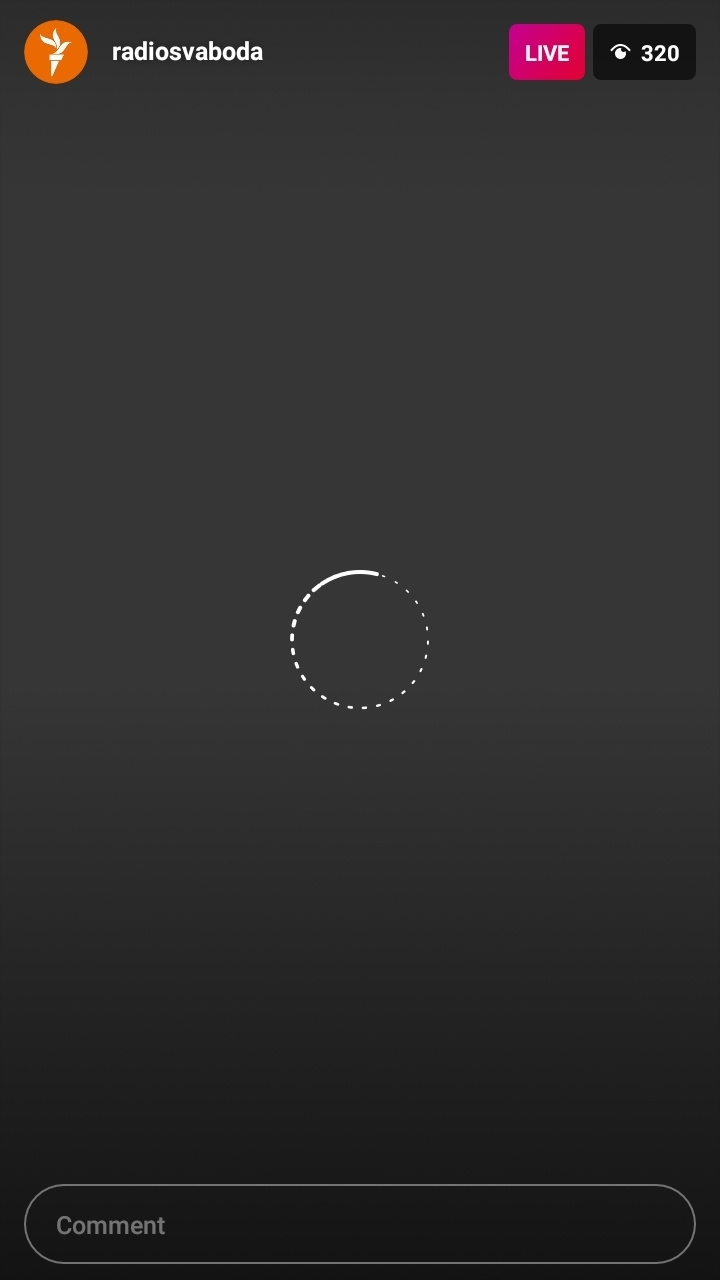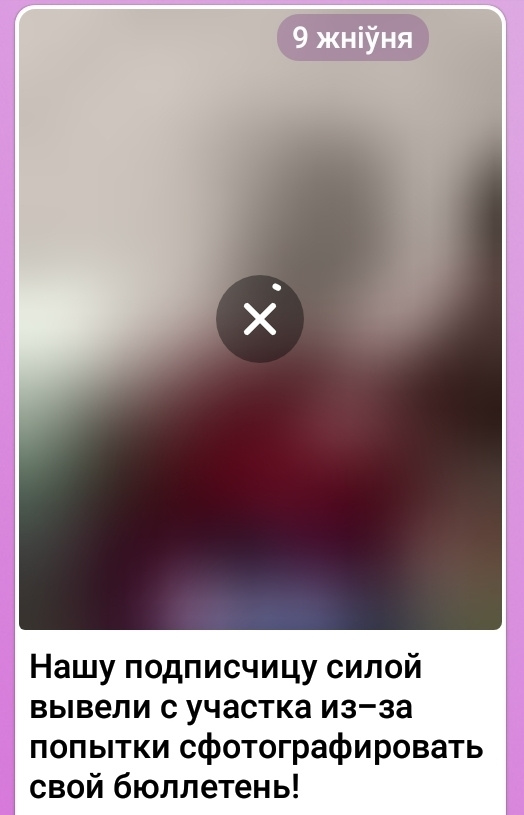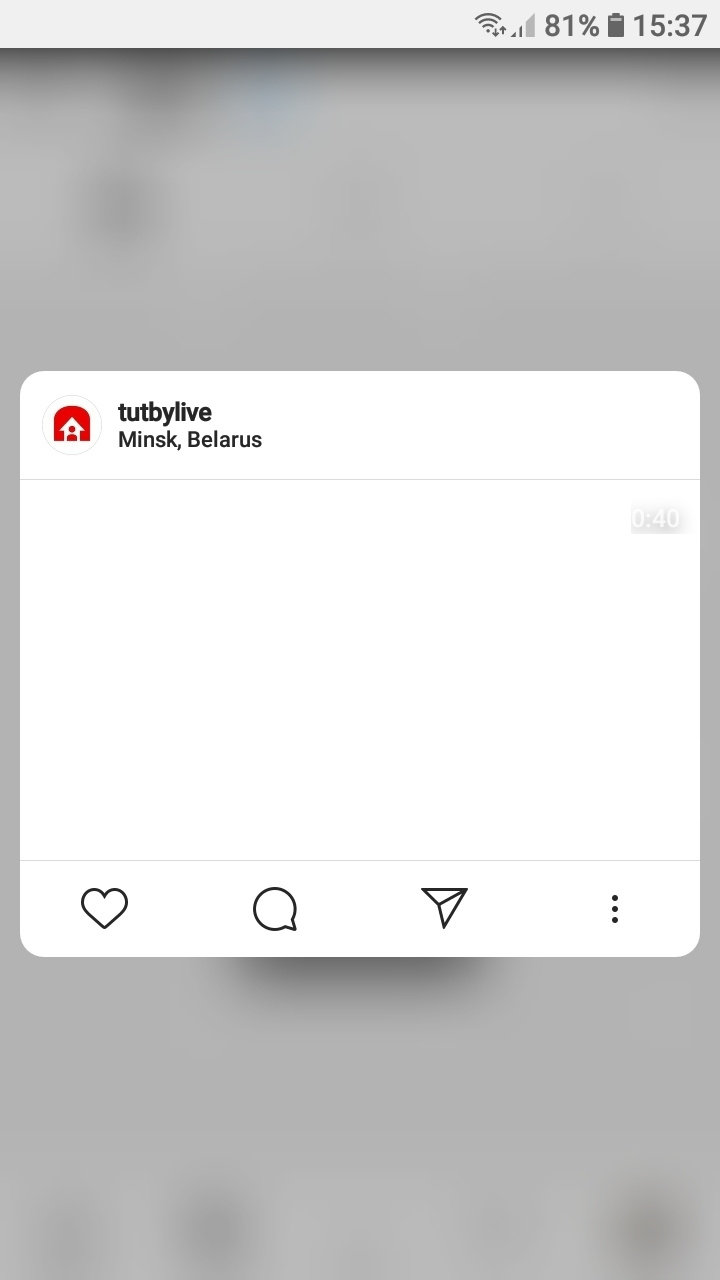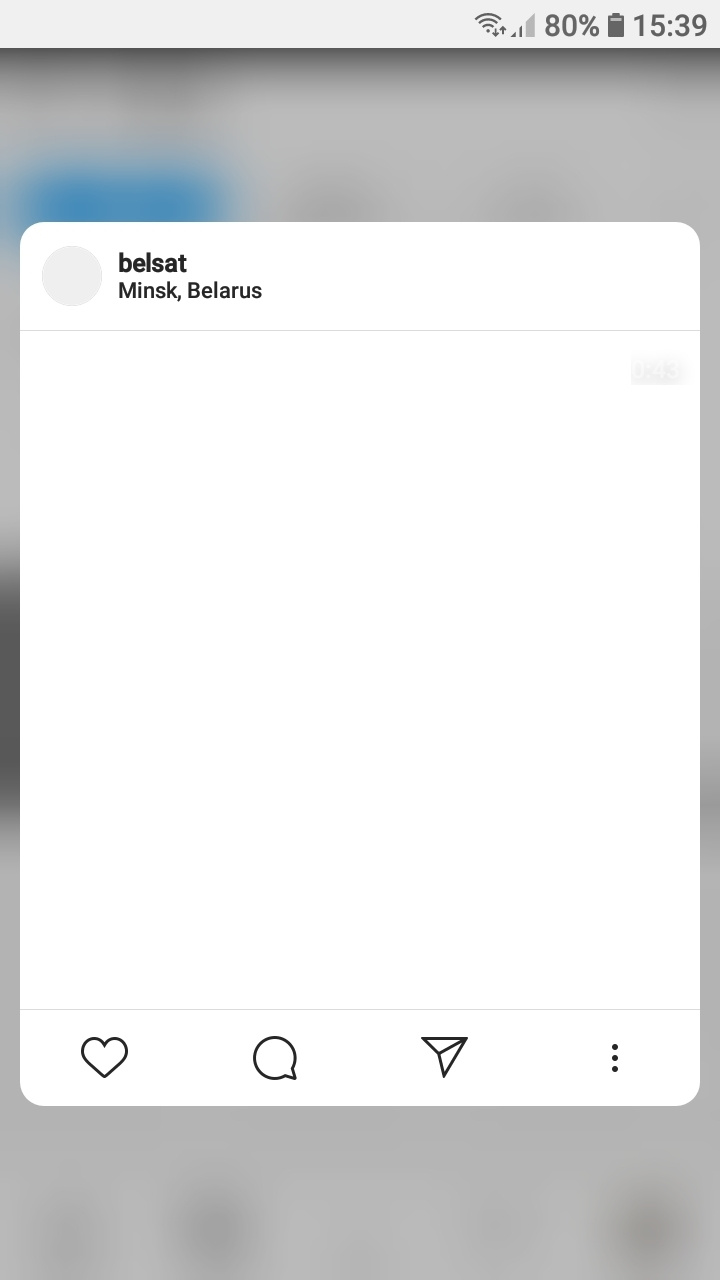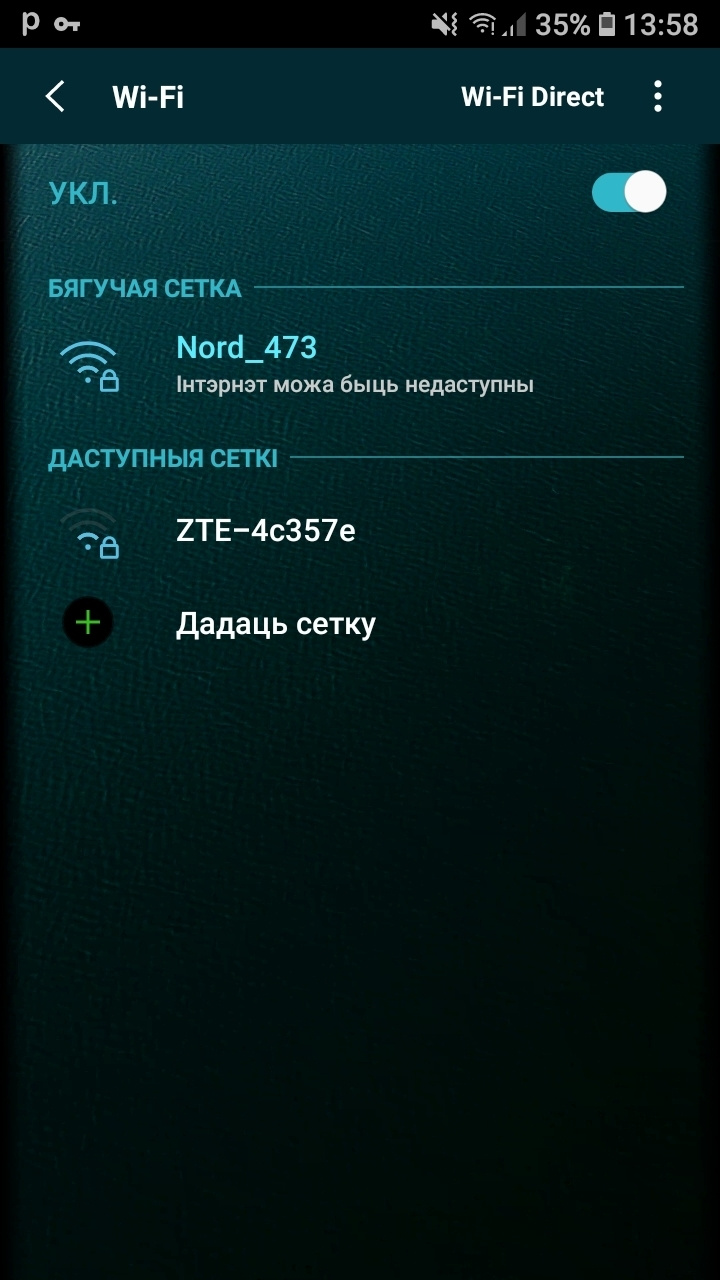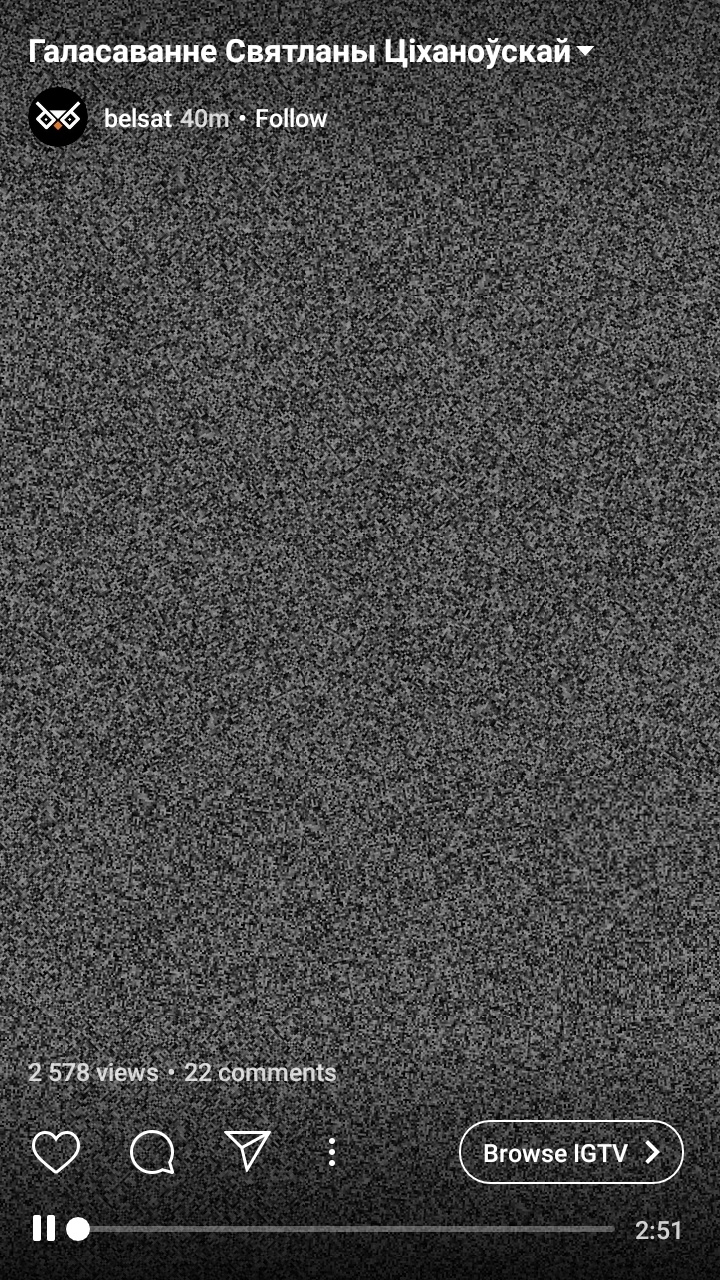Statistics are not what people need to know — this was the answer given by medics to the journalists of the Baranovichi newspaper when they tried to find out the number of covid19 cases in Baranavichy a few weeks after the coronavirus epidemic hit Belarus. These words are part of the official rhetoric of the Belarusian authorities not only about the epidemic, but they also ideally reflect the governmental approach to informing the Belarusians in general. At first, the Belarusian authorities did not recognize the threat, did not introduce any quarantine measures, did not provide healthcare institutions with the necessary resources, did not inform the population. Statistics were hidden, distorted, rewritten. When they decided to admit the epidemic, the number of covid-19 cases, even according to official data, reached several dozen people per day. People stopped hoping for any help from the government and began to organize themselves to help doctors and each other. After a while, it was officially announced that we had reached the plateau. And a few days later — that we defeated the virus. After that, the virus disappeared from the official agenda and was forgotten. The consequences and the number of victims are still to be found out, which is unlikely to happen under the current government. Multiple inconsistencies and obvious lies led to a rather strong tension in society, which was very undesirable before the coming presidential elections. Election campaigns in Belarus are usually characterized by massive falsifications, rigging, and repressions. However, if in previous years the campaigns were relatively calm, in 2020 the situation turned into a disaster for the current government. A huge wave of discontent against the falsified elections resulted in mass protests, perhaps the most massive and by far the longest in the history of modern Belarus. The authorities decided to turn off the Internet throughout the country and jokes about North Korea were jokes no more. Those who did not manage to install anti-blocking software were left with no communication at all for two and a half days. And with no information. In an era when there is an overabundance of content, a lack of connection with the world, the inability to learn news from alternative sources can be very depressing. I have compiled a series of screenshots of the pages of popular sites and social networks in Belarus during the information blackout. Empty, white, not loaded, inaccessible pages — information does not go through. But the names of the pages in the search bar, captions to Instagram posts, geolocation marks give hints to what is hidden. At the same time, the state media are massively discrediting the protesters or simply keep silent about the protests. This in fact leaves a large percentage of the population without information even with actual non-restricted access to it.
